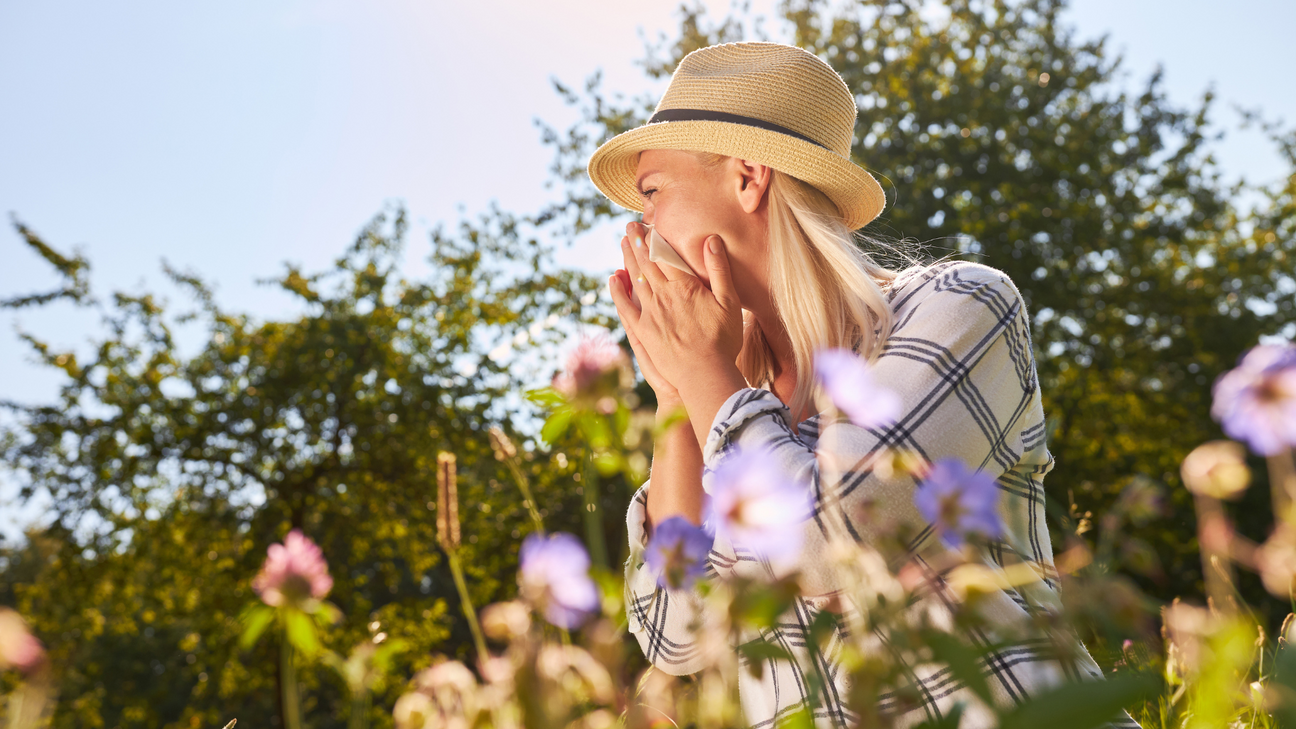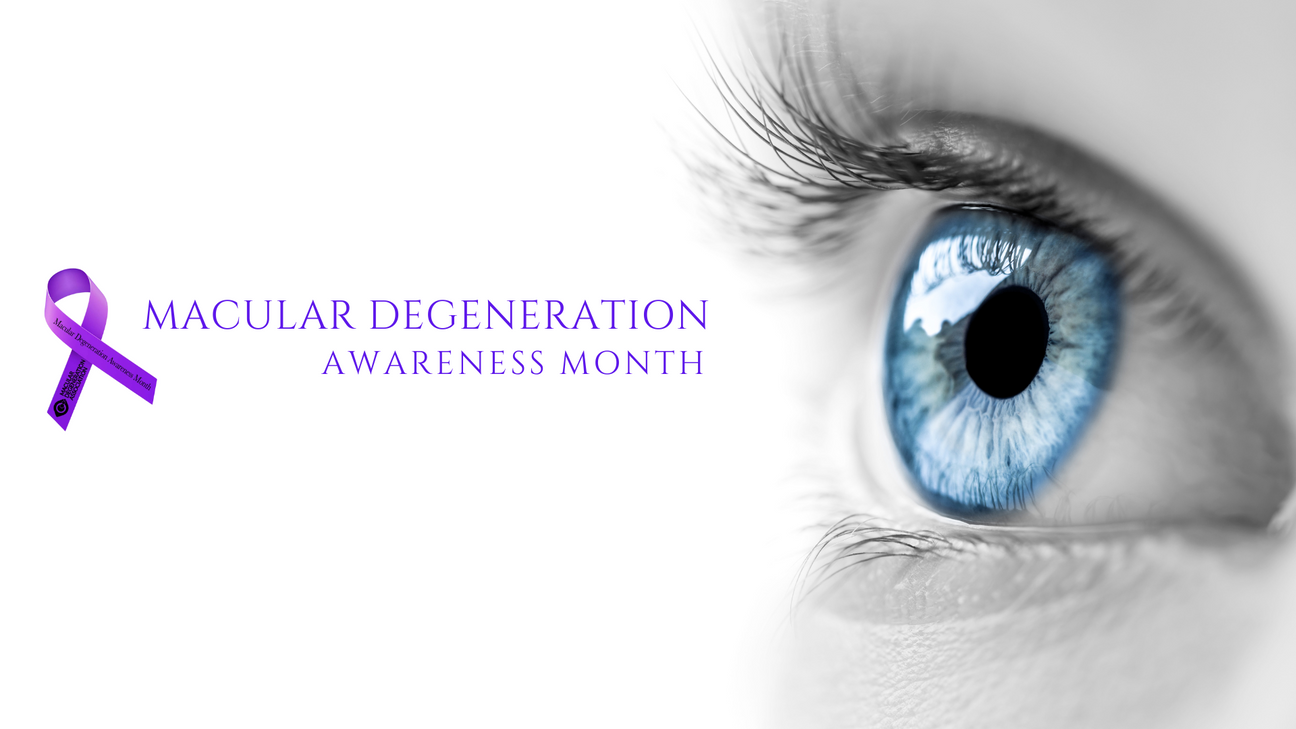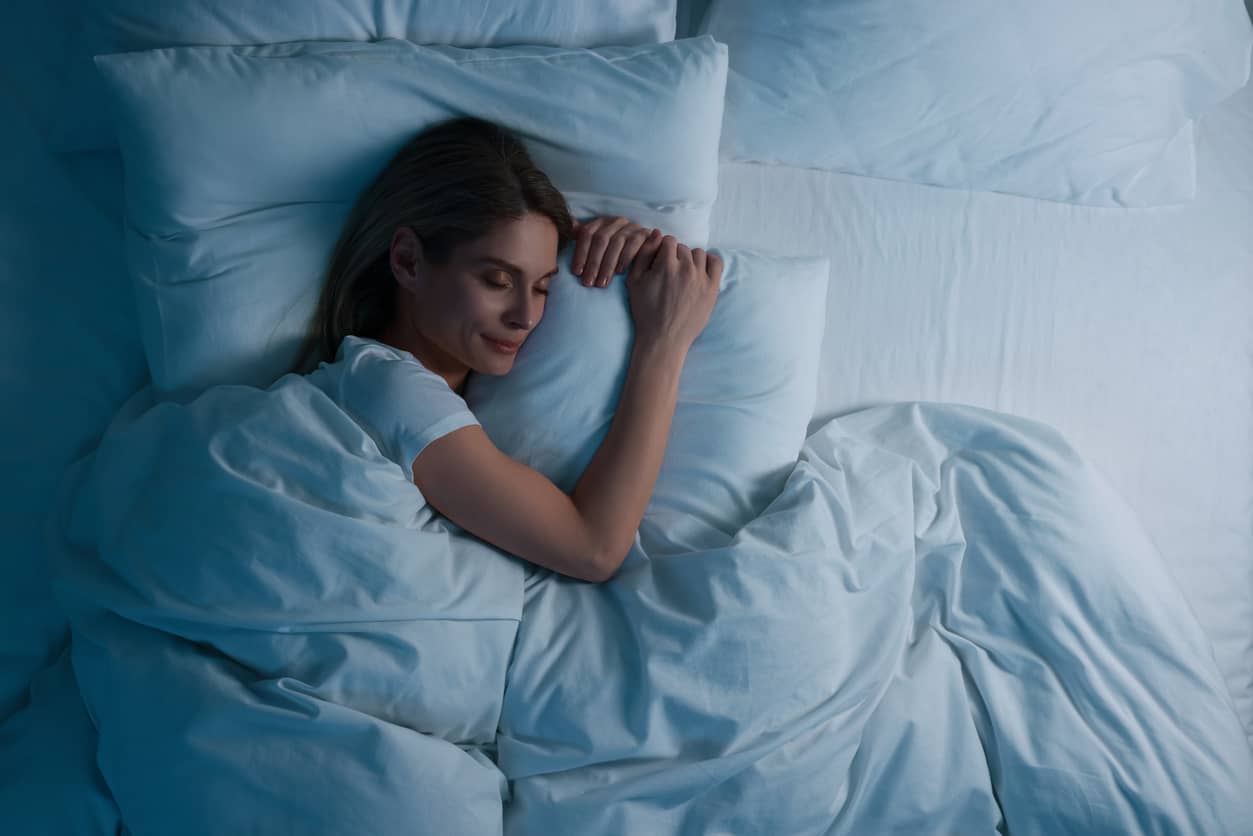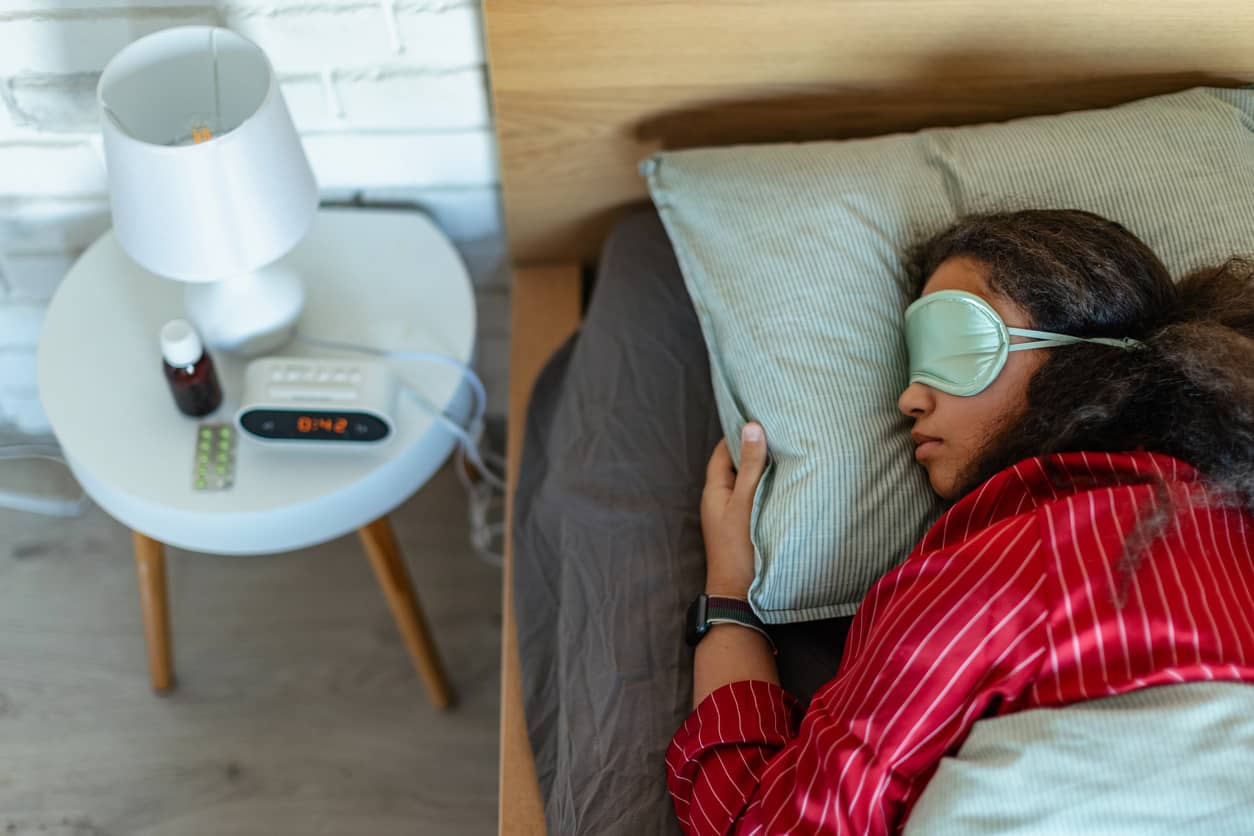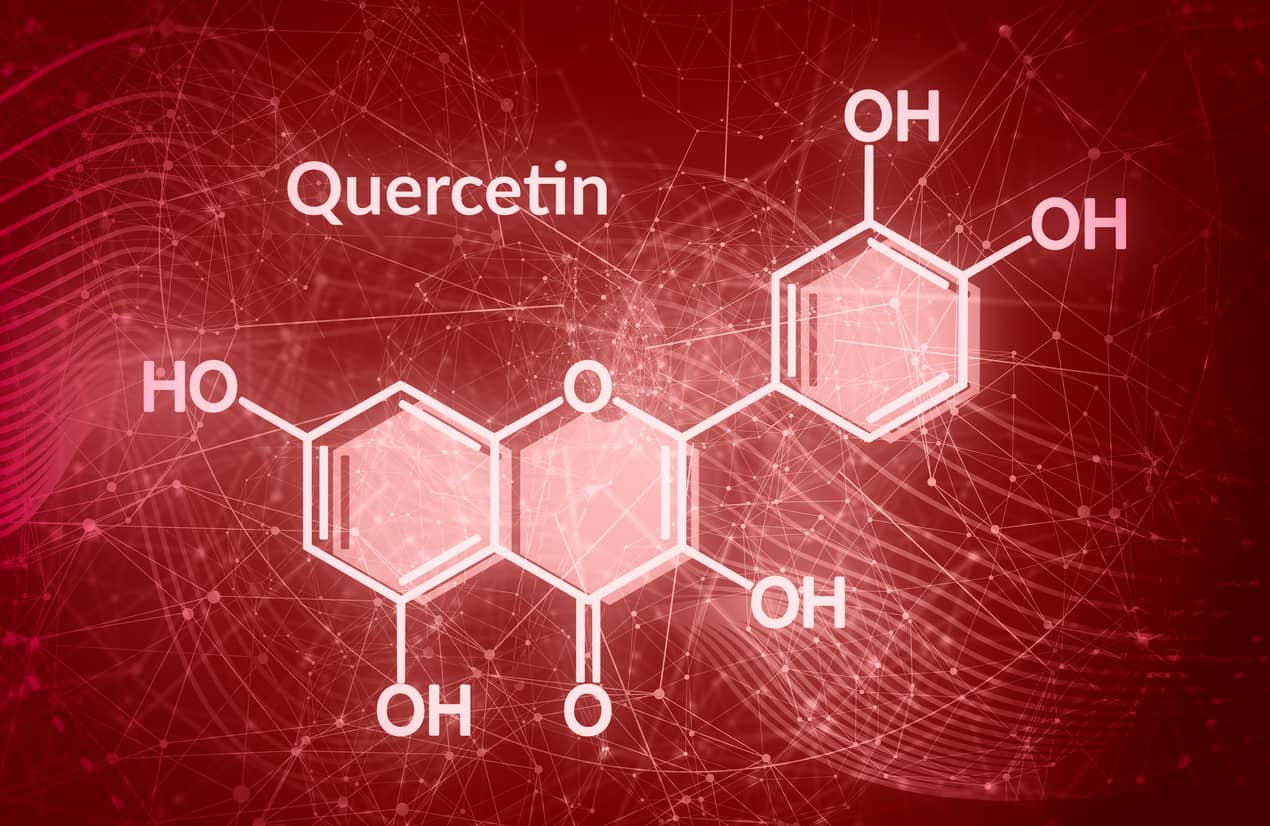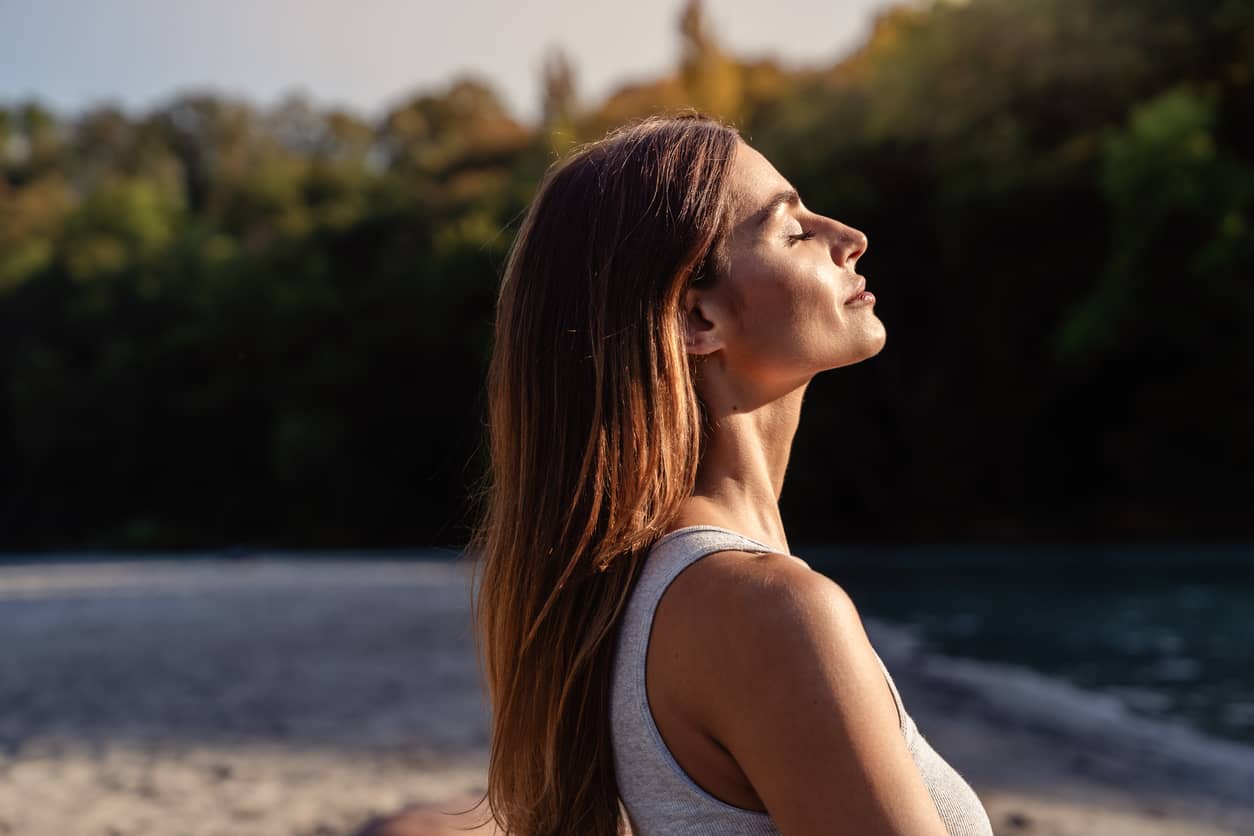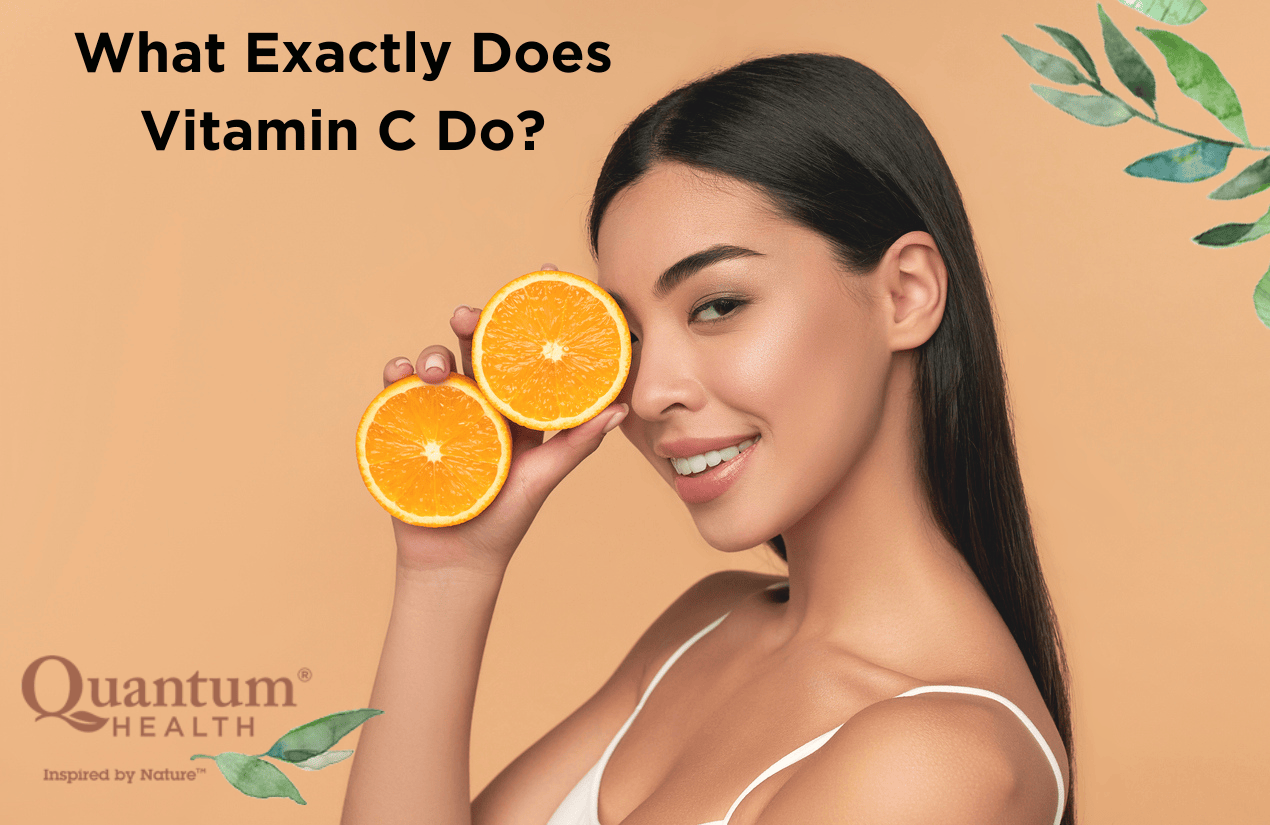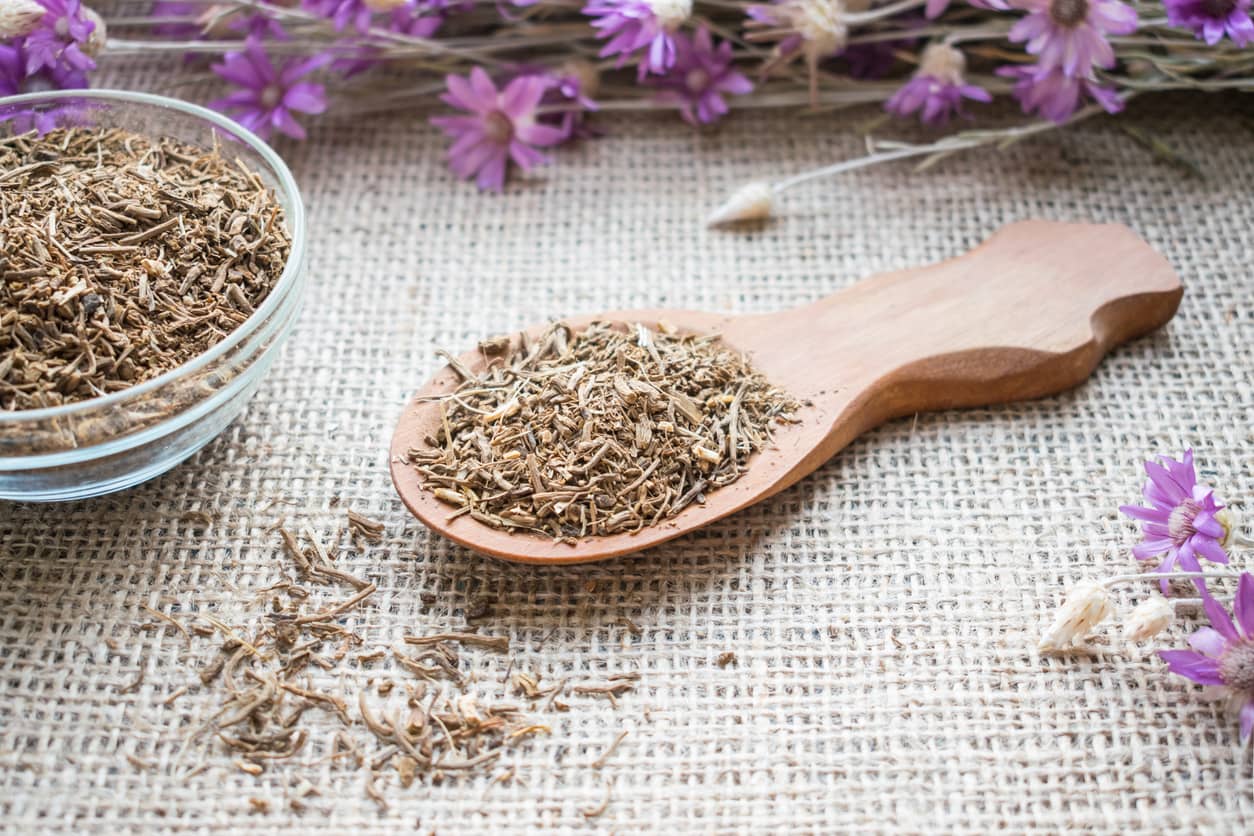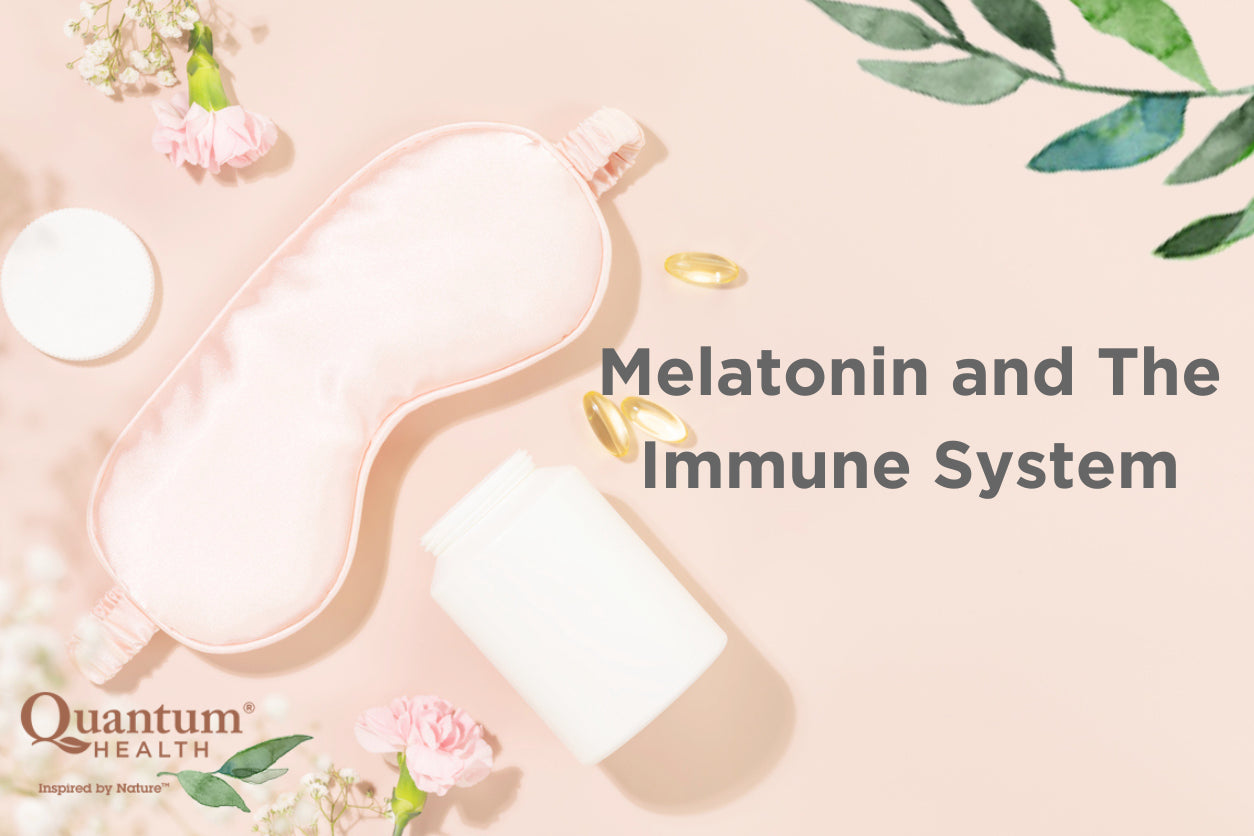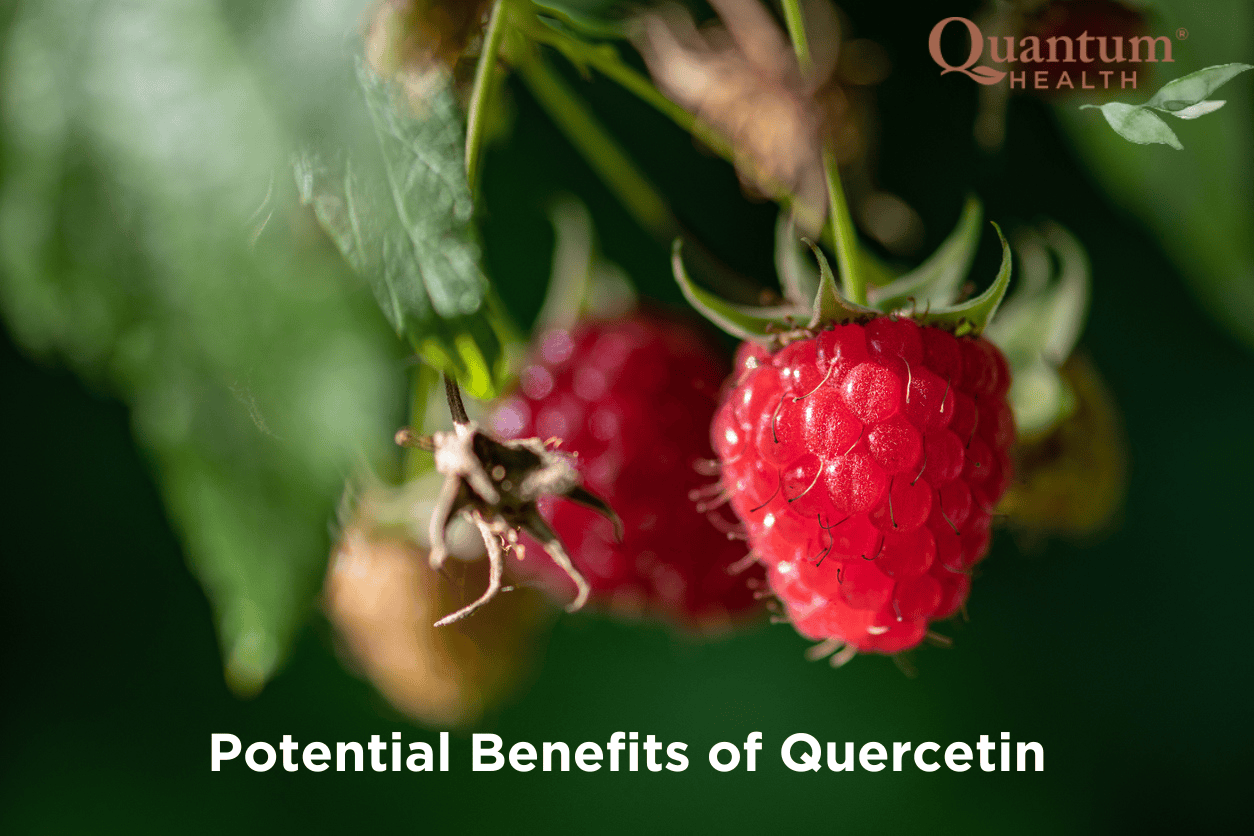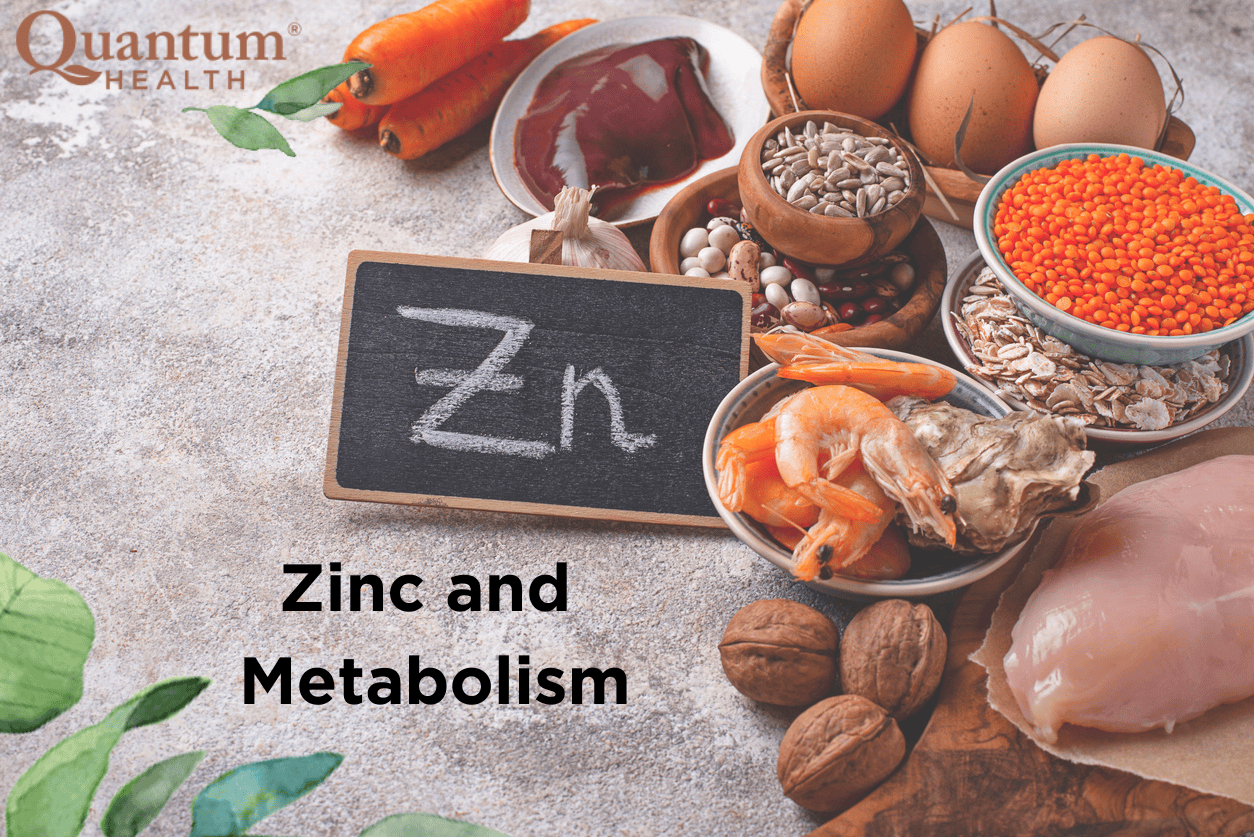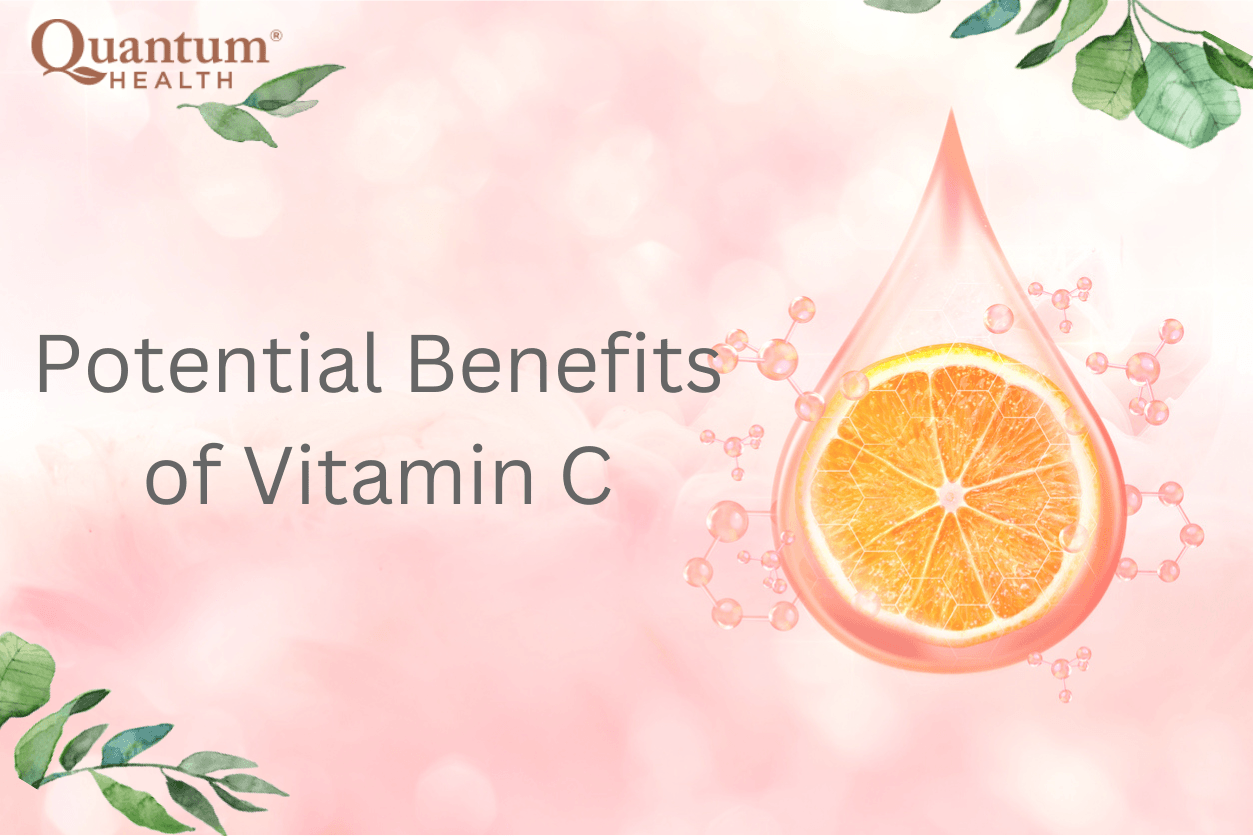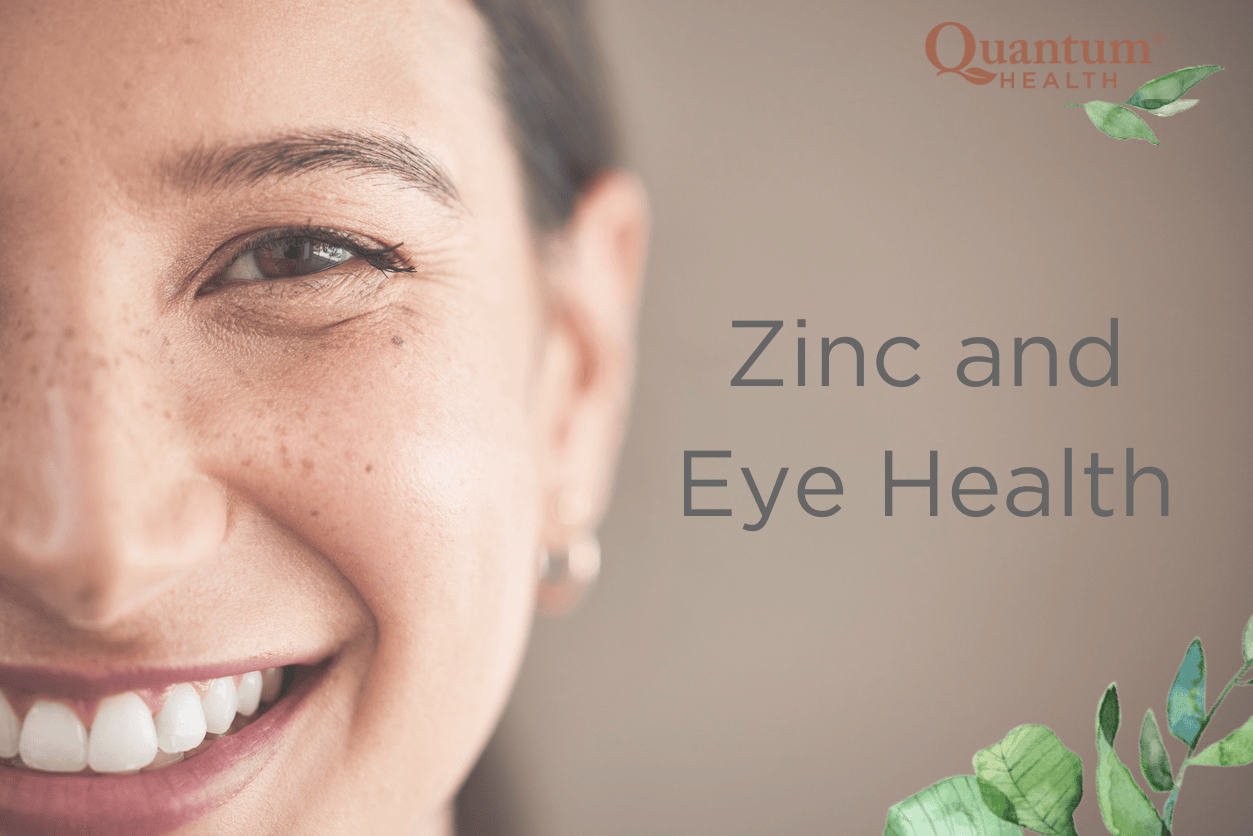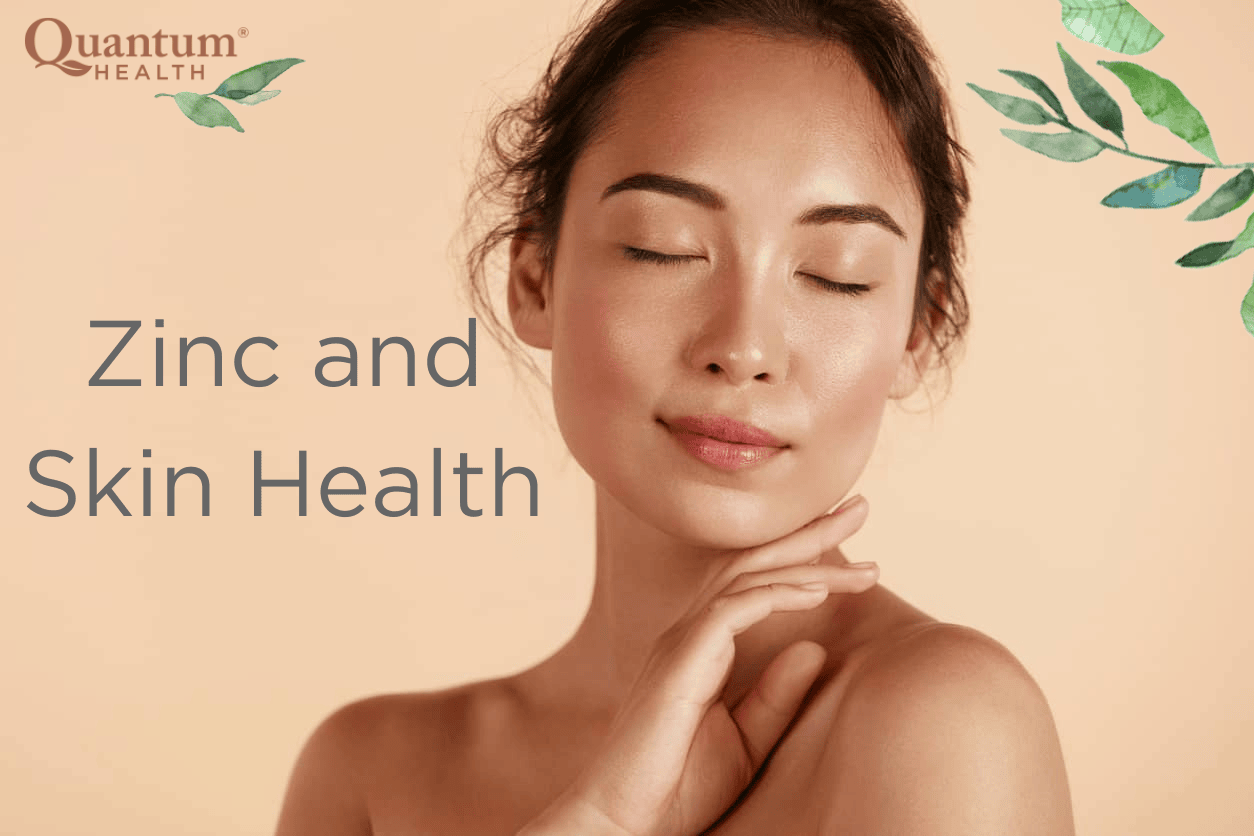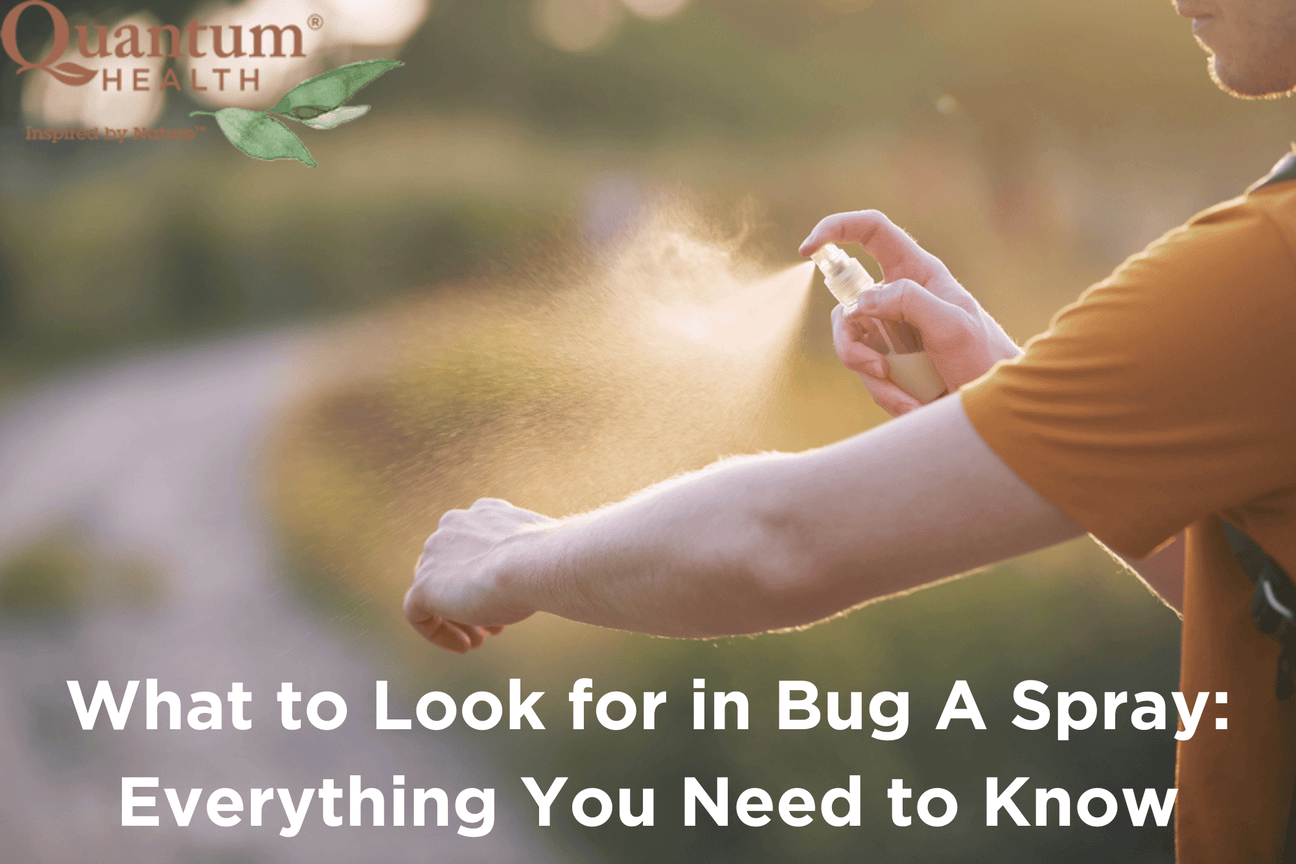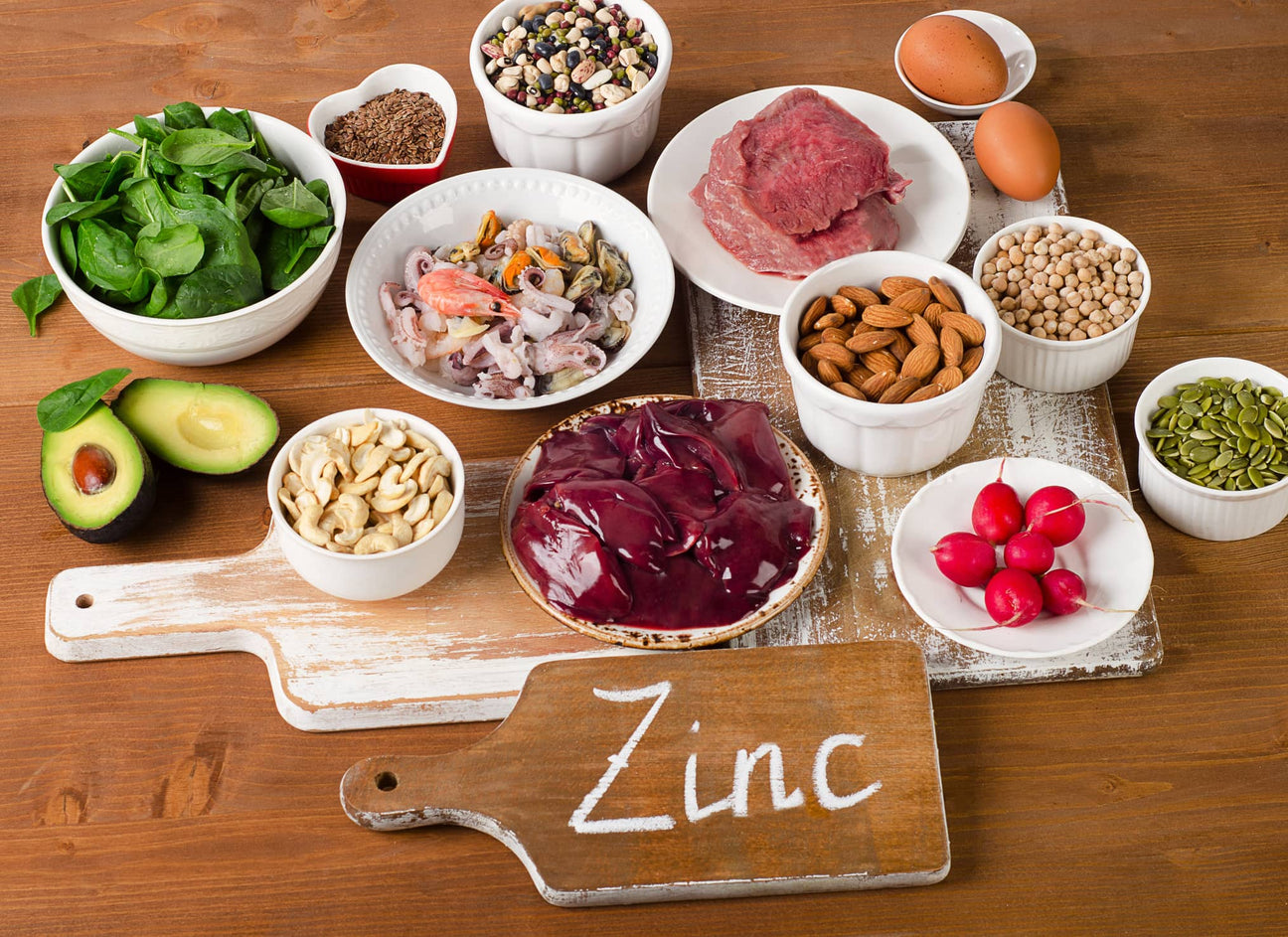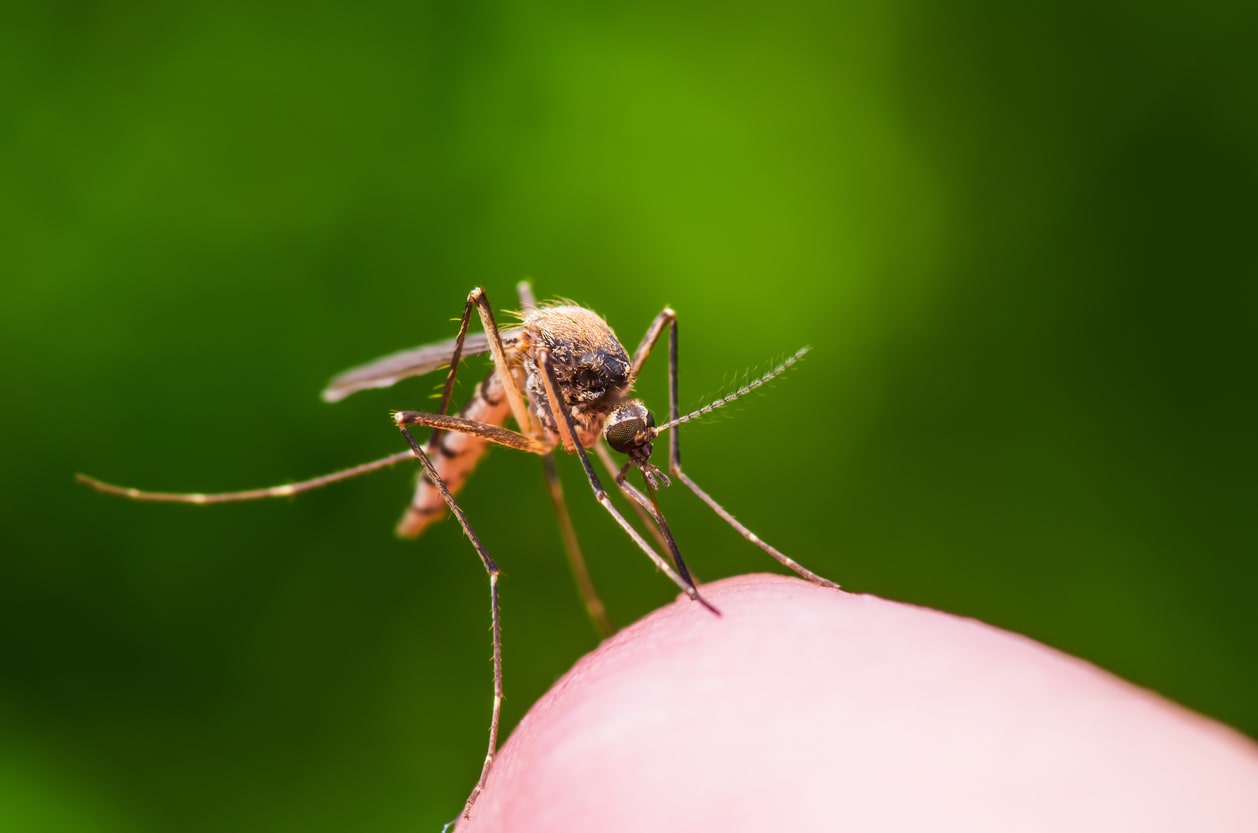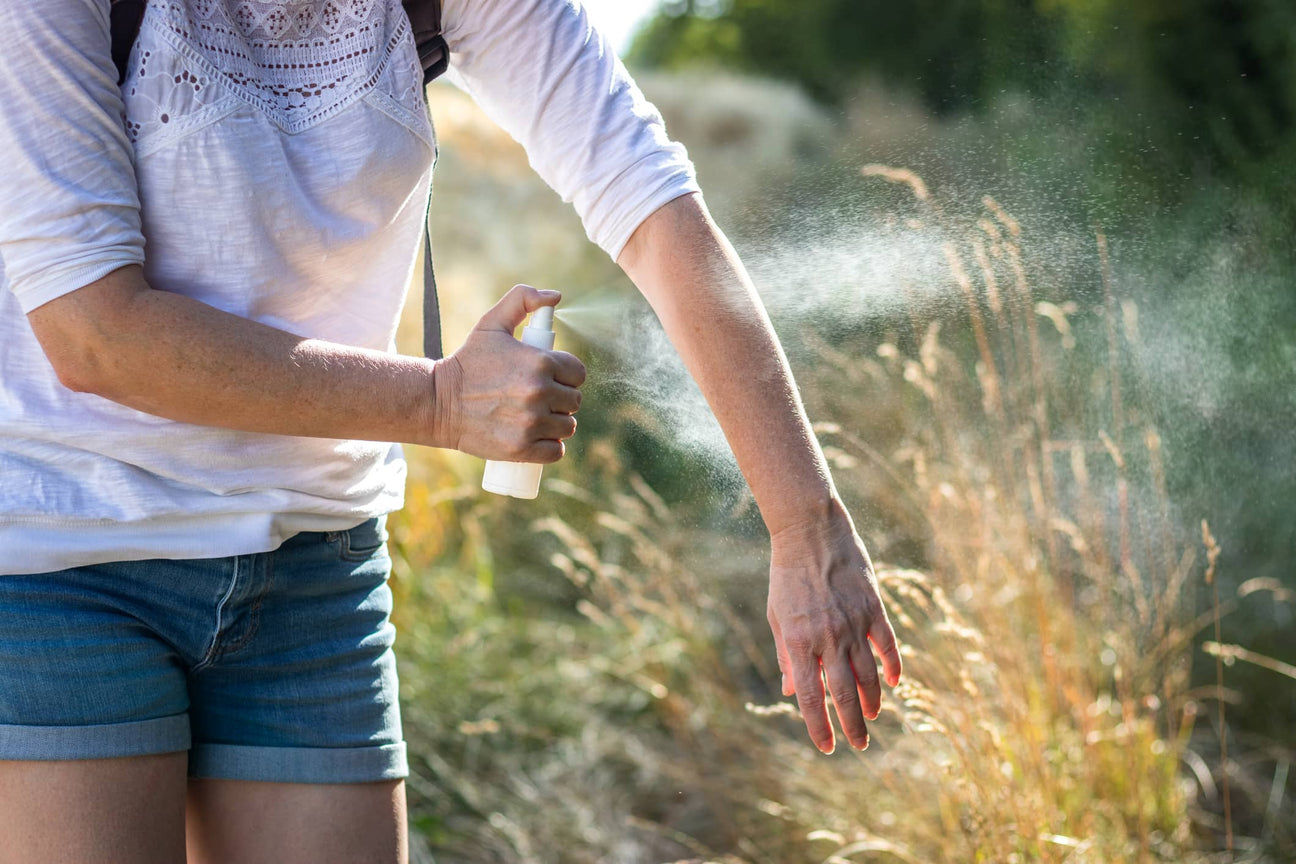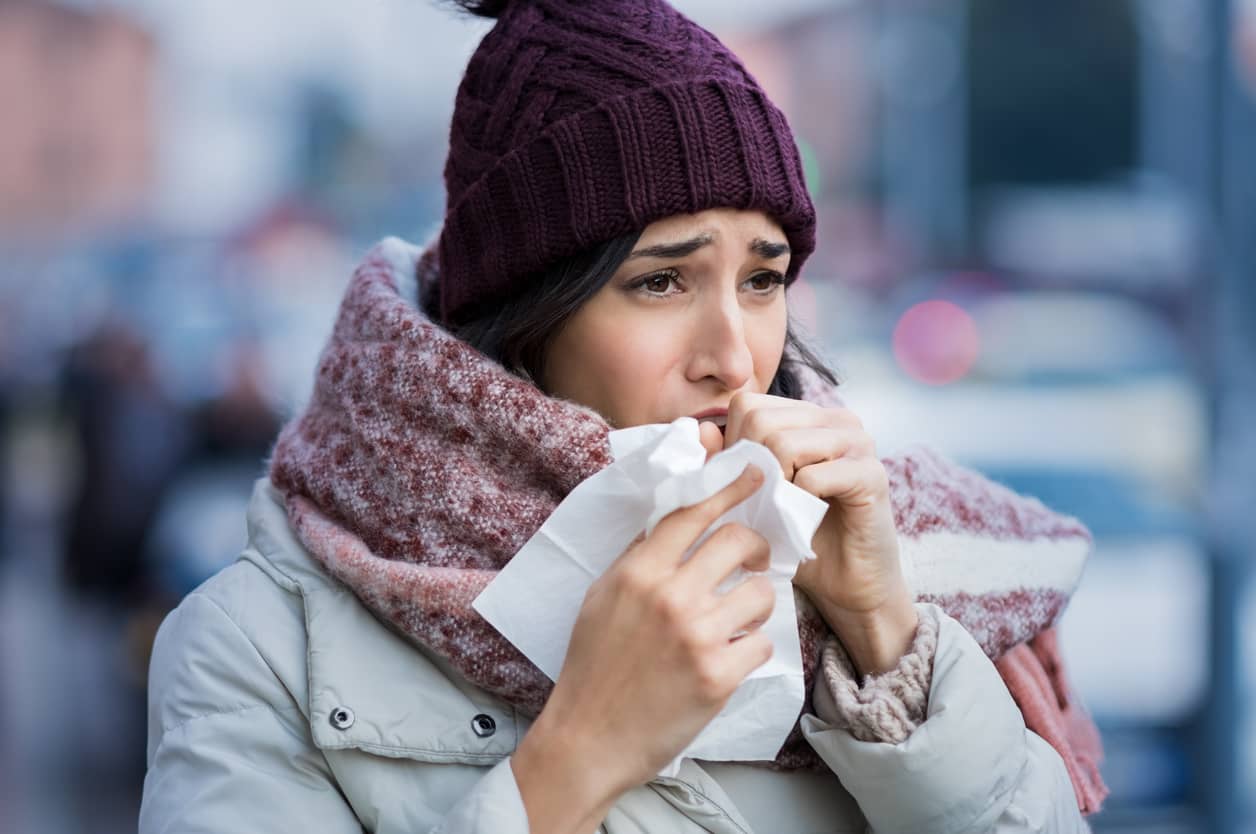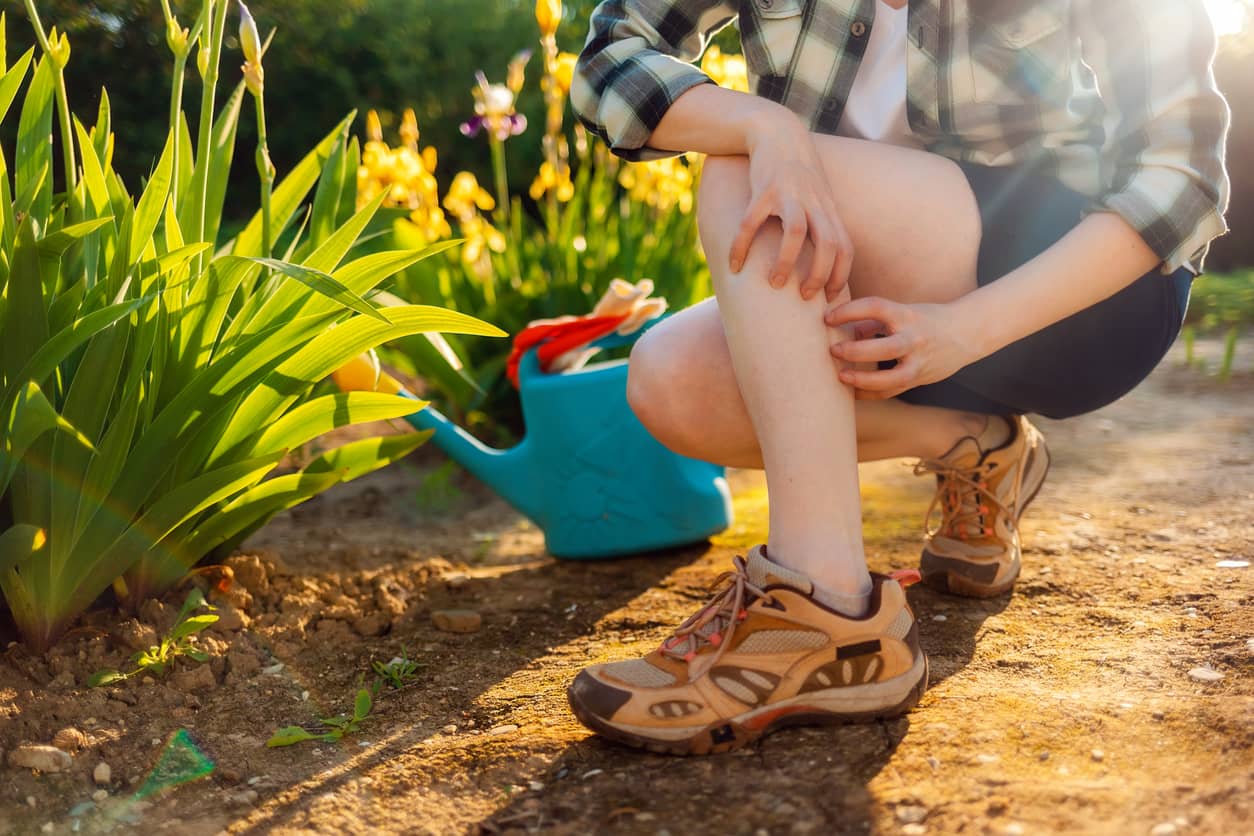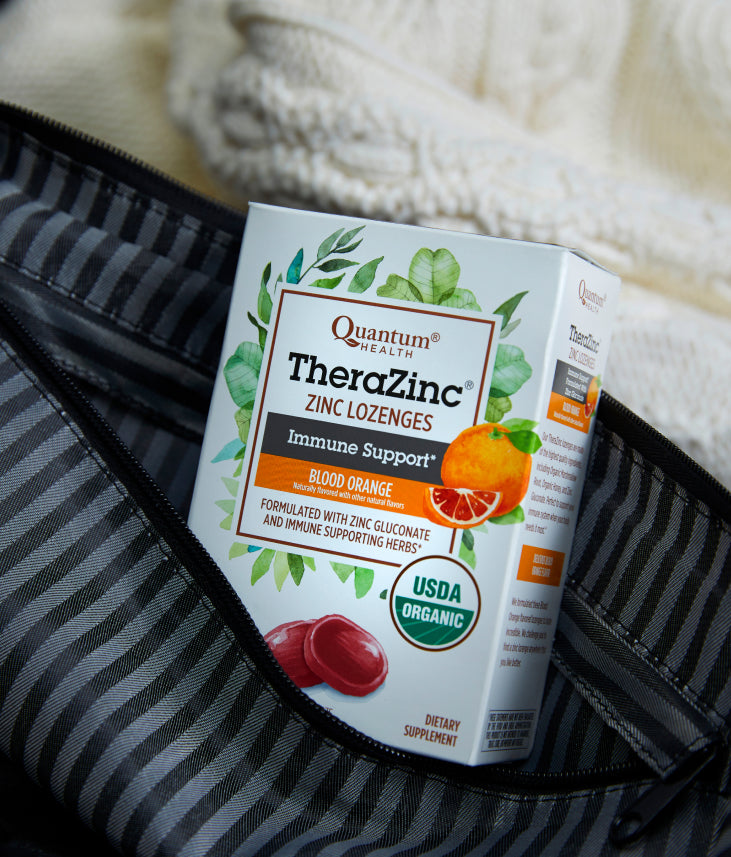Protect Your Lips From the Sun With Lysine Lip Balm
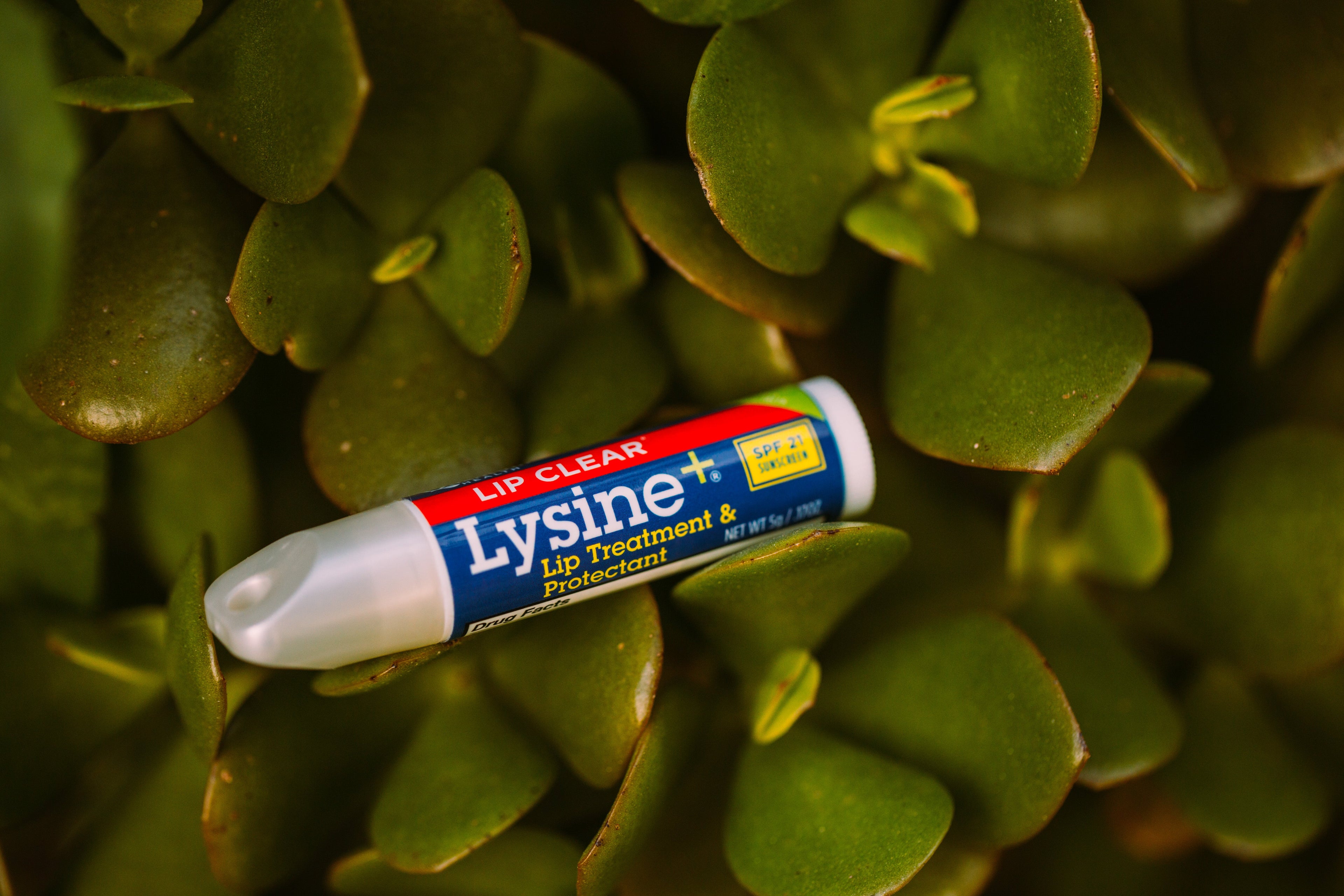
You may find yourself reaching for lysine lip balm during the cold winter season, but don’t count it out for the summer months either. A lip balm with lysine can help protect your lips all year round. After all, you spend a lot more time outdoors in the summer, and your lips are vulnerable to the sun’s harmful ultraviolet rays. These UV rays can decrease collagen production and trigger cold sore outbreaks. Fortunately, lysine lip balm (with SPF 15 or higher) can help protect your lips from these damaging rays.
Lips, melanin and skin layers
The skin on your lips is much different than the rest of your body. Your body contains three layers of skin:
- The epidermis
- The dermis
- The hypodermis
The epidermis's outermost layer is called the stratum corneum - the layer that you can see. It and the rest of the epidermis provide a protective barrier from the environment, such as the sun and wind. Melanocytes are located in the epidermis, and they produce melanin, which is a natural protection from harmful UV damage. Beneath the epidermis is the dermis, where your nerve endings, hair follicles and sweat glands are. Finally, there is the hypodermis, which is a fatty layer of tissue that contains specialized cells.
How are lips different from the rest of your skin?
- The epidermis layer of your lips contains no melanocytes, which means no melanin to protect from the sun.
- The protective layer of the stratum corneum on your lips is much thinner than the rest of your skin. This leaves your lips vulnerable to the outside elements.
- Your lips don't have hair follicles. Hair follicles contribute to skin protection by creating a harder surface. Without hair follicles, your lips are softer and more vulnerable.
- Your lips lack sebaceous glands. These glands provide moisture to your skin. This is why lips are susceptible to getting chapped in dry air in the winter and from sun exposure in the summer.
- Lips have more nerve endings. This means when you have a cold sore or a sunburn on your lips, it’s going to hurt a lot more than injuries to the rest of your body.
The damaging effects of sun exposure to your lips
UV radiation is the most intense during the summer months, and it's estimated that 70% of a person’s UVB exposure occurs during this time. Sun exposure does more than cause painful sunburns though. UV damage has been found to trigger cold sore outbreaks and cause a decrease in collagen production.
Collagen is a protein found in the dermis layer of skin, and it provides your skin and lips with structure and shape. As we age, collagen lessens, which creates the appearance of wrinkles and fine lines.
Aging is responsible for the reduction of collagen, but it’s not the only factor. UV radiation penetrates the dermis and causes a buildup of elastin. When elastin accumulates, it breaks down collagen. The more you’re exposed to the sun, the faster the process continues.
The sun is also a known trigger for cold sore outbreaks. Cold sores are small blisters that appear around your lips. They generally start with a tingling feeling and lead to a painful sore on your mouth that can last weeks.
Lysine lip balm protects against sun exposure and promotes overall lip health
Choosing a lip balm that contains both lysine and an SPF of 15 can help protect your lips during the summer months. The SPF will block the sun’s harmful rays, while the lysine will help promote your lip health. Make sure that it is at least 15, as that has been found to block 93% of UVB rays. Experts recommend you use sunblock on your lips even on cloudy days and suggest that you reapply often.
Lysine is an essential amino acid that we get naturally from our diets. Foods high in lysine include red meat, chicken, tofu, peas and beans. The lysine in lip balm nurtures lips by promoting collagen production and reducing the effects of cold sores.
In fact, a study conducted on Quantum’s Health Super Lysine+ topical ointment showed that participants using the ointment experienced a reduction in healing times for their cold sores. Generally, cold sores can take two weeks to heal. In this study, the median healing time was four days. In six days, 87% of participants were completely healed.
Choose Quantum Health for your lip care needs
The skin on your lips takes a beating year-round. Cold and dry winter winds and damaging UV rays in the summer take their toll. Due to their vulnerable nature, lips need some extra protection from the elements. The thin layers of skin, the susceptibility to cold sores and the lack of melanin can all mean trouble for your lips.
Quantum Health’s lip balm contains lysine along with 14 other ingredients, and the result is a soothing and effective product to protect and moisturize your lips. If you’re looking for sun protection in addition to lysine, our Lip Clear Lysine+ Coldstick contains an SPF of 21. Don’t leave your lips without protection. Choose a lysine lip balm with an SPF of at least 15 to keep your lips in top shape.
Share
Your share can inspire countless others.





















